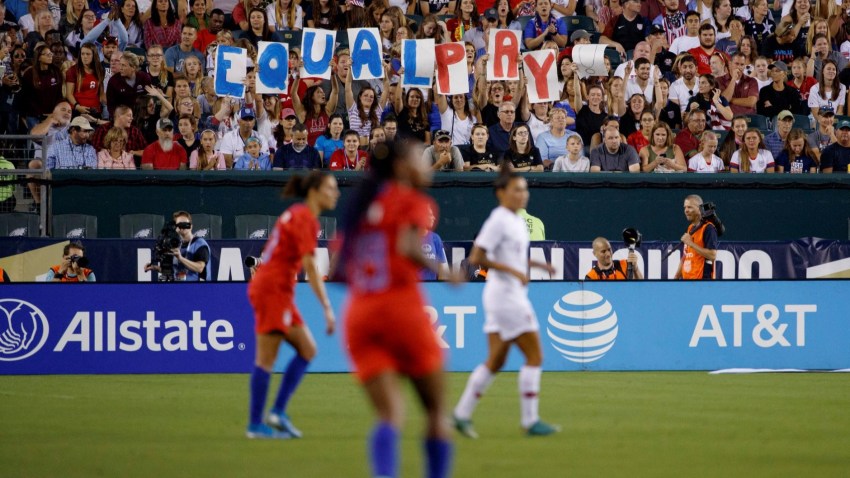In the runup to 2022 World Cup, held last November in Qatar, FIFA president Gianni Infantino could not have been more clear: He did not want politics to be a part of the tournament. “Please do not allow football to be dragged into every ideological or political battle that exists,” the head of soccer’s governing body wrote in a letter addressed to teams before the tournament began. He repeated his plea often, arguing that sporting events must remain apolitical, a time for fans to escape from societal issues.
And yet, less than a month before he sent that letter, Infantino seemed unafraid to wade into the “ideological battle” of gender equality. In October 2022, amid negotiations with broadcasters over the rights to the 2023 Women’s World Cup, he called their early offers a “slap in the face of all the great FIFA Women’s World Cup players and indeed of all women worldwide.” Infantino threatened to blackout the tournament in several European countries unless broadcasters paid “what the women’s game deserves.”
Of course, the reason behind the seemingly sudden shift in tone is obvious. For FIFA, gender equality is a bargaining chip, a way to use the moral high ground to gain the financial high ground. But FIFA’s choice is also part of a larger trend.

